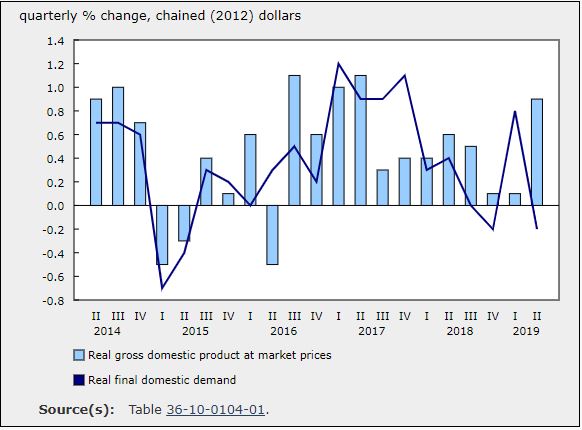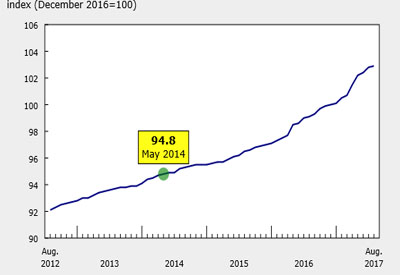View of “Or Approved Equal” Products

July 17, 2018
By John Kerr
From our view of the Canadian electrical industry and as a member of the industry that understands how our readers buy, specify, install and maintain electrical equipment nationally, we want to enter into “the approved or equal” debate that seems to be happening more often than not of late. We are hearing about this on commercial, institutional and industrial projects in all areas of the country.
Too often I have heard of presentations being made by many electrical equipment suppliers to consultants and consulting engineering firms where presentations are crafted to address specific needs and applications. The intention of presenting the firm’s products is to be named in the specification only to be told that “or approved equal” would be how they would amend the spec.
“Or approved equal” is problematic. The supplier partners to the mechanical and electrical engineering community often assist consultants in designing a project, advise on best practices, and educate on the current Canadian codes and standards as they apply to the application. They provide product training, provide data, show precedents in other scenarios, and add value beyond the product offering.
What we see is that not being listed in the specifications means that they are no longer on a level playing field with named products that may have been in the specifications for years without change and products that may no longer even apply in some cases.
For the consultant, using an old specification lists outdated products or manufacturers that may not even supply the required products, may no longer be available in Canada, and may no longer have the channel partnerships here to support it.
Sadly, this is a lose/lose scenario for the industry as electrical contractors and electrical distributors are hesitant to believe that certain products are acceptable, even though it may have been the design standard on the project; but was not named because the standard specification, in use for years, was not revised.
Even in cases where the potential supplier is not named in a specification, but wishes to bid, they usually include a covering statement to make the distributor aware that are acceptable to the consultant. Without the specific listing in the specification or on the drawings the distributors may not move and may not pass this information to the contractor.
Unfortunately, if the distributor and contractor carry a product that is not named they risk the chance of being penalized should the product they carry in their quote not be acceptable to the consultant.
The economic impact to the building owner is that single product suppliers named in specifications can and often do have a higher, non-competitive price. The result is that there is limited competition on the project and the building owner pays a higher price than they should for specified components in the building.
The economic impact to the consultant is the resulting loss of productive time spent reviewing and changing drawings and submittals multiple times to properly select the right equipment, especially when out-of-date specifications and drawings do not reflect current products, codes and practices. It’s surprising, given how competitive the consulting industry is, that these oversights continue.
The reality is that many electrical equipment manufacturers and suppliers that commit to the Canadian market with staff and resources understand the Canadian needs and herein provide engineering assistance by reviewing projects. In this role they often catch small oversights and sometimes mistakes that avoid major extras.
More often than not as a value-added component they provide this assistance at no cost, even though they bear the burden of the time and the cost of that time invested by their engineering staff. Too often local distributors and contractors are unable to take advantage of the new products and its features because of the fear the product may not be acceptable.
The reality is product development continues, end users are demanding new solutions and more features, contractors want easier installation and reliable supply and distributors want Canadian partners.
Maybe it’s time to have an open debate and open dialogue. From our point of view there are great products and solutions not being used today that could save time and money, as well as build better foundations for the future of the supplier, engineering, customer and wholesaler partnership.
John Kerr is Publisher of Canadian Electrical Wholesaler.
Photo source: Tumisu at Pixabay.










